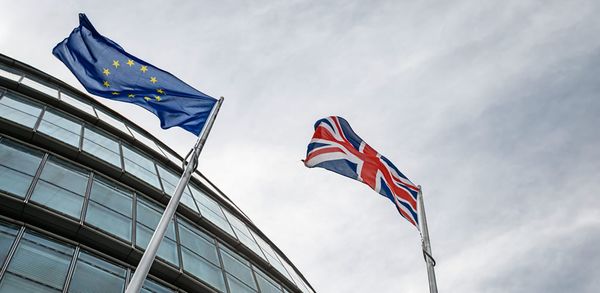
European Union
— On the seventh anniversary of the Brexit referendum, London’s City Hall and the Mayor of London’s office have been banned from flying the EU flag outside City Hall.
The withdrawal of the UK from the European Union on 31 January 2020, after a referendum that took place on 23 June 2016 when UK voters chose to leave the EU by 52% to 48%.


European Union
— On the seventh anniversary of the Brexit referendum, London’s City Hall and the Mayor of London’s office have been banned from flying the EU flag outside City Hall.
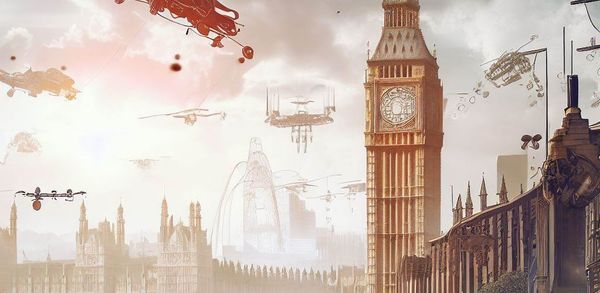
Long-Read
— Professor Chris Grey on the UK’s ambition to lead global AI regulation after Brexit, and the challenges and opportunities it faces, with the competition from other countries and regions, especially the EU.
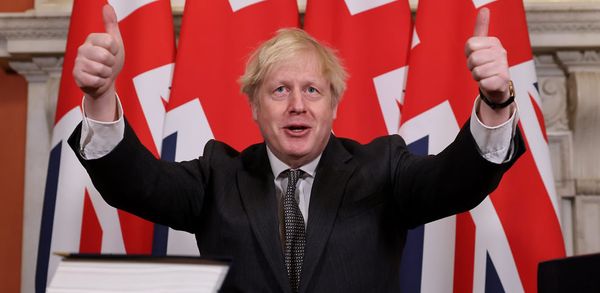
COVID-19
— A former official said the UK Government neglected its pandemic preparedness due to its obsession with Brexit, adding that the government did not plan for lockdowns, social support, or PPE, and ignored the health inequalities and vulnerabilities of the poor and ethnic minorities.

Immigration
— High immigration rates correlate with increased support for the governing party and lower unemployment rates. Legal immigration has little economic impact, but illegal immigration causes fear and anxiety. To win elections, parties must address irregular arrivals and emphasize immigration benefits.

Long-Read
— How Brexit caused economic and social damage to the UK, such as lost investment, trade barriers, higher food prices, reduced choice, and lower standards. Professor Chris Grey warns of the risks of diverging from EU data protection rules and restricting student visas.
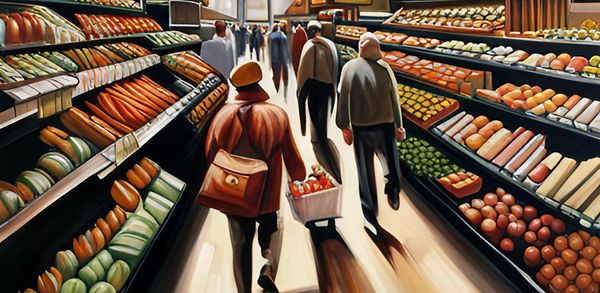
Inflation
— UK inflation has been stubbornly high, and interest rate hikes have not yet brought it in line with other advanced economies.
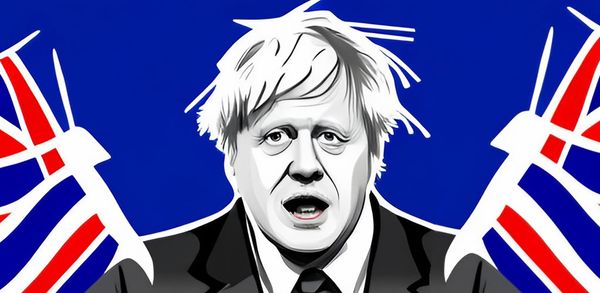
Brexit
— After Brexit, the UK has had fewer migrants from the EU, but they have been far outstripped by people coming from elsewhere.
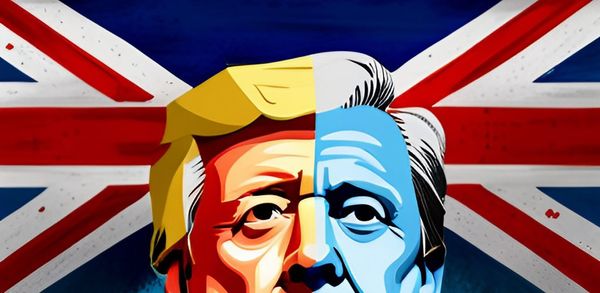
OPINION
— The NatCon conference in London displayed hard-right Tory views, blaming UK’s issues on migrants, the EU, and the liberal elite. The event showcased extremist politics and culture war tropes, with controversial speakers, representing the “Trumpification” of British politics.
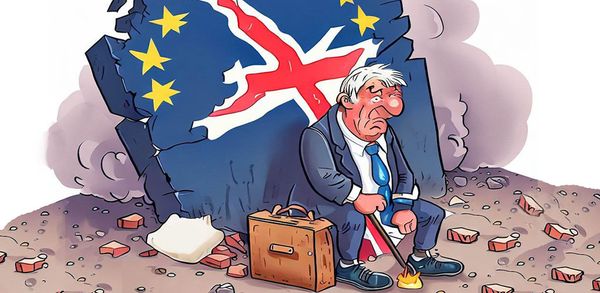
Brexit
— The British government is becoming more realistic about Brexit, evident in the Windsor Framework and Integrated Review. Brexit remains central yet marginal, adversely impacting the UK but no longer a major political issue.
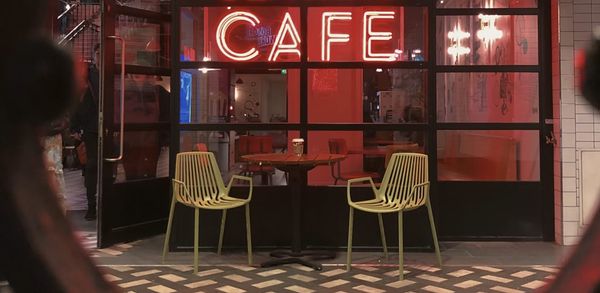
Brexit
— Tourism leaders are concerned that French and German tourists are starting to avoid the UK due to post-Brexit restrictions on travel with identity cards.
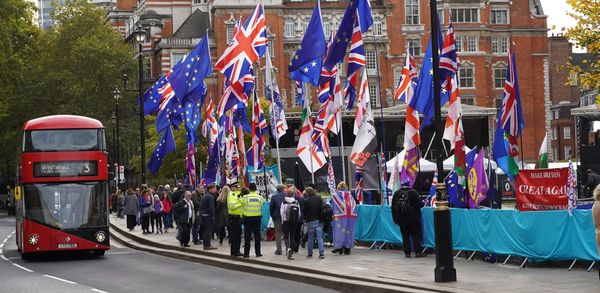
EU Citizens
— The3million has prevailed in a court case against the UK government, with the High Court ruling that data protection rights for EU citizens and other migrants must be upheld by law.
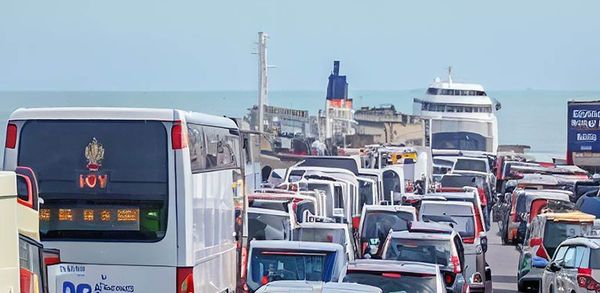
Brexit
— The UK government has admitted that the new Brexit processes contributed to the chaotic travel queues at Dover, despite Home Secretary Suella Braverman denying that Brexit played a role in the delays.
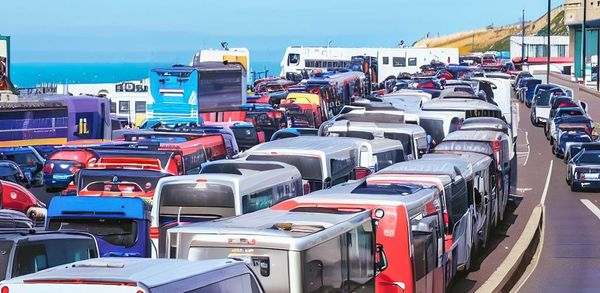
OPINION
— On the impact of Westminster’s English nationalism on the political discourse in Scotland and how Scotland is being held hostage by the dominance of the English nationalist ideology in UK politics.
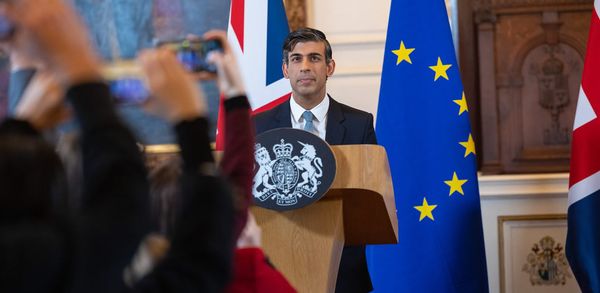
Brexit
— The Windsor Framework marks a positive turning point for EU-UK relations. It amends the text and provisions of the Northern Ireland protocol without changing the fundamentals of the 2019 withdrawal agreement.
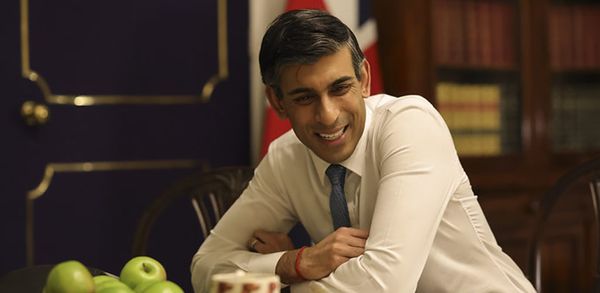
OPINION
— Rishi Sunak’s triumphant attitude regarding his successful Brexit deal for Northern Ireland with the EU may come back to haunt him. Will the PM’s smugness come back to bite him in the end?
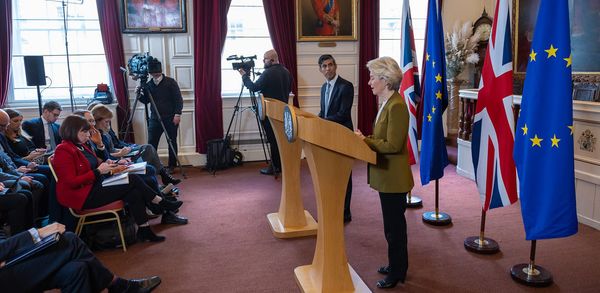
COMMENT
— Britain’s political landscape is full of coded language, where words and phrases mean something entirely different to the public than to those in power. They carefully craft their language with purpose, speaking in a way that will be understood, not necessarily heard.
|
|